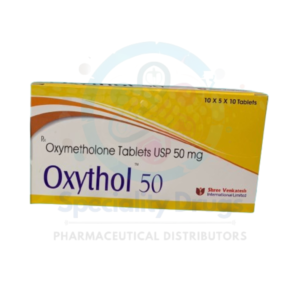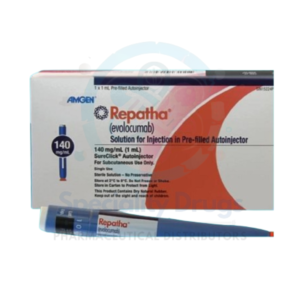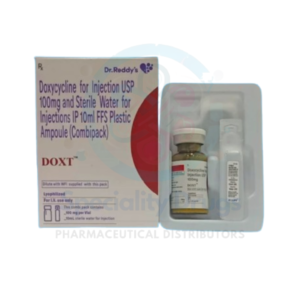What is ESENTRA 60MG?
ESENTRA 60 MG is a prescription medication containing Denosumab 60 mg, a monoclonal antibody that inhibits RANKL, a protein involved in bone resorption. It helps increase bone density and reduce fracture risk in patients with osteoporosis or low bone mass.
What is the Use of ESENTRA 60MG?
ESENTRA 60 MG is primarily used to:
-
Treat osteoporosis in postmenopausal women at high risk of fractures.
-
Increase bone mass in men with osteoporosis at high fracture risk.
-
Reduce the risk of vertebral, non-vertebral, and hip fractures.
-
Manage bone loss in patients receiving certain cancer therapies that weaken bones.
Benefits of ESENTRA 60MG
-
Strengthens bones and reduces fracture risk.
-
Administered as a single subcutaneous injection every 6 months for convenience.
-
Helps patients at high risk for bone loss maintain better skeletal health.
Side Effects of ESENTRA 60MG
Common side effects:
-
Back pain
-
Muscle or joint pain
-
Fatigue
-
Mild skin reactions at the injection site
Serious side effects (seek immediate medical care):
-
Low calcium levels (hypocalcemia)
-
Osteonecrosis of the jaw (rare)
-
Severe allergic reactions (rash, swelling, difficulty breathing)
Precautions:
-
Ensure adequate calcium and vitamin D intake.
-
Dental check-ups are recommended before and during therapy.
1. What is ESENTRA 60MG used for?
It is used to treat osteoporosis and reduce the risk of fractures in patients with low bone density.
2. What is the active ingredient?
The active ingredient is Denosumab 60 mg, a monoclonal antibody.
3. How does ESENTRA 60MG work?
It blocks RANKL, a protein that activates osteoclasts, reducing bone breakdown and increasing bone density.
4. How is it administered?
It is given as a subcutaneous injection once every 6 months by a healthcare professional.
5. Do I need any tests before starting?
Yes. Calcium levels and kidney function tests are recommended before treatment.
6. What are common side effects?
Common side effects include back pain, muscle/joint pain, fatigue, and mild injection site reactions.
7. What serious side effects should I watch for?
-
Severe hypocalcemia (low blood calcium)
-
Osteonecrosis of the jaw
-
Allergic reactions such as rash, swelling, or difficulty breathing
8. How can I prevent low calcium while on ESENTRA 60 MG?
Take adequate calcium and vitamin D as prescribed by your doctor.
9. Who should avoid ESENTRA 60 MG?
Patients with low calcium, severe kidney disease, or known allergy to Denosumab should avoid it unless advised by a doctor.
10. Can pregnant or breastfeeding women use it?
Its safety during pregnancy or breastfeeding is not established. Use only if clearly advised by a doctor.
11. How long does it take to see benefits?
Bone density improvements and fracture risk reduction can be observed over several months of continuous therapy.
12. Can I take other medications during treatment?
Inform your doctor about all medicines, supplements, or vitamins to avoid interactions.
13. Is dental care important while on ESENTRA?
Yes. Regular dental check-ups help reduce the risk of jaw bone problems.
14. What should I do if I miss a dose?
Contact your doctor to reschedule the injection as soon as possible.
15. How should ESENTRA 60 MG be stored?
Store in a refrigerator at 2–8°C, protect from light, and do not freeze.






Reviews
There are no reviews yet.